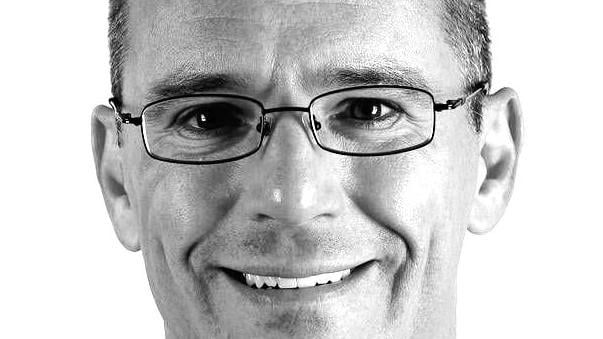
Growing up in a privileged family, I should have learned a few things about money.
Sadly, there was so much shame and secrecy around money that I went out into the world knowing nothing.
No one taught me how to open a bank account, pay a bill or balance a checkbook. My dad was a CEO, and my mom was a certified financial planner, so the irony is palpable.
My story highlights a crucial problem — finance is a foreign language. We send young adults out into the world financially illiterate, and then they fall into terrible predicaments because they’ve never learned the tools for success.
Here are two key terms that will help you master the art of wealth accumulation: capitalist and consumer. The wealth-generating mindset of the capitalist builds wealth. The wealth-destroying attitude of the consumer decimates it.
Before we dig further, please try to disregard any preconceived notions you have about the words “capitalist” and “consumer.” I’m reappropriating them for my purposes.
When I talk about consumers, I am referring to people who spend all their income on stuff.
We all need to buy stuff and are technically consumers with most purchases, but the wealth-destroying consumer works and earns an income, wrongly assuming that everything they earn is available to spend. They give up their hard-earned money for stuff that has no lasting value or declines in value over time.
How much is that new pair of jeans worth after you’ve worn them? Unless you are Mick Jagger, not much.
Most consumer goods, such as clothing, cars and electronics, depreciate over time, meaning they are worth less the longer you own them. The result is that consumers are always broke, in debt and never accumulate wealth.
Life for a consumer can also feel like a treadmill: Work to make money, spend money, work some more, repeat ad nauseam. The consumer treadmill makes corporations and capitalists rich — and consumers broke.
There is nothing wrong with stuff, but it is empirically obvious that just having stuff doesn’t make people happy. My parents struggled to find happiness, and they had lots of stuff.
If you want to get off the treadmill of working to live and living just to work, you’ll need a way out of the consumer trap. For that, you must become a capitalist.
But what is a capitalist?
If a consumer is someone who buys stuff that depreciates over time, a capitalist is someone who works to save and invest, buying as many assets as they can — hopefully, environmentally and socially responsible ones.
Those investments grow and are worth more over time. That new money is reinvested to purchase more assets, which steadily compounds until you are financially independent.
That’s wealth. Wealth isn’t about how big your paycheck is or isn’t; it’s about how you use what money you have to create a lasting pot of cash that you can live off of indefinitely.
And here’s the bonus round: If you avoid unnecessary consumer goods that depreciate and focus on sustainable investments, then you automatically reduce your consumption of disposable goods.
Everything you buy that depreciates will, eventually, depreciate to nothing. Then it needs to be recycled, burned or put in a trash heap. Usually, it just ends in a landfill.
It also takes energy and pollution to produce every consumer good. Our hyperconsumption of disposable goods doesn’t just destroy our wealth — it destroys the planet. On this point, our financial best interest and the Earth’s best interest are perfectly aligned.
To retire comfortably around age 65, you’ll need to save and invest at least five to 10 times your annual income.
For a median household with an income of $57,000, they’ll need around $570,000 in wealth to retire comfortably. That’s a big number. If you are retiring sooner, you’ll need much more.
The great news is that technology makes it amazingly easy to buy sustainable investments. You can get started with just a few bucks in your pocket.
Start small and with diligent effort, your investments will grow. Anyone can do it.
You don’t need to be a CEO to become a capitalist. A teacher, a janitor and even a monk can do it.
"bad" - Google News
December 01, 2020 at 12:00PM
https://ift.tt/2JxziiA
Be a capitalist — it's not as bad as you think - Santa Fe New Mexican
"bad" - Google News
https://ift.tt/2SpwJRn
https://ift.tt/2z7gkKJ

No comments:
Post a Comment